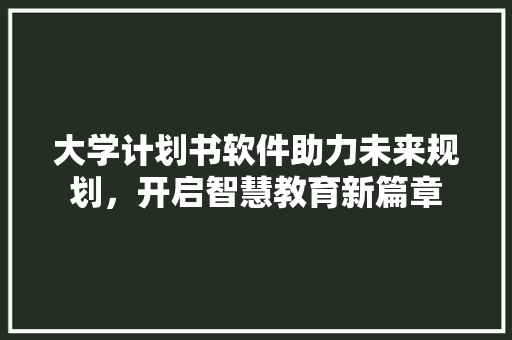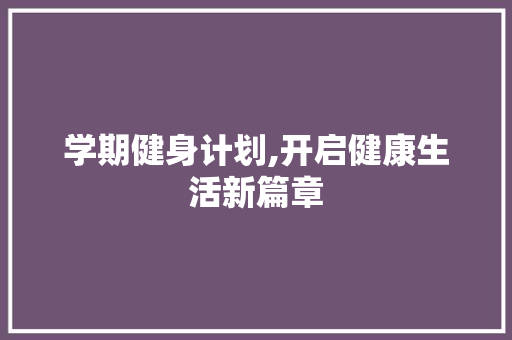In the realm of communication and cognitive development, the power of vocabulary cannot be overstated. A rich vocabulary not only enhances one’s ability to express thoughts and ideas effectively but also fosters a deeper understanding of the world around us. This article aims to explore the significance of vocabulary accumulation and its impact on communication and cognitive development, supported by relevant research and expert opinions.
To begin with, a robust vocabulary serves as a cornerstone for effective communication. As language is the primary means of conveying thoughts and emotions, a wide range of words enables individuals to articulate their ideas more precisely and vividly. According to a study by the University of Kansas, individuals with a larger vocabulary tend to have better communication skills and are more likely to achieve academic success (Baker, 2006). Moreover, a diverse vocabulary allows us to engage in more meaningful conversations and appreciate the nuances of human expression. As the saying goes, “Words are the instruments of the mind, and speech is the music of the heart.”

Furthermore, vocabulary accumulation plays a crucial role in cognitive development. The brain functions optimally when exposed to a rich linguistic environment. Studies have shown that individuals with a larger vocabulary possess superior cognitive abilities, such as problem-solving, critical thinking, and memory (Gillam, 2007). This is because a vast vocabulary demands a higher level of cognitive processing, which in turn enhances neural connections and brain plasticity. As a result, individuals with a richer vocabulary are better equipped to grasp complex concepts and adapt to new situations.
In addition to communication and cognitive benefits, a substantial vocabulary also contributes to several other aspects of personal and professional life. For instance, a strong vocabulary can improve one’s ability to write coherently and persuasively. As the saying goes, “The pen is mightier than the sword,” and the power of persuasive writing can have a significant impact on various domains, such as politics, business, and education. Furthermore, a diverse vocabulary enables individuals to better understand and appreciate literature, arts, and other cultural expressions. As the renowned writer C.S. Lewis once said, “Words are, in my not-so-humble opinion, our most inexhaustible source of magic.”
To effectively accumulate a substantial vocabulary, several strategies can be employed. First and foremost, reading is a powerful tool for vocabulary expansion. By immersing oneself in a variety of texts, individuals are exposed to new words and phrases that can be incorporated into their own language repertoire. Additionally, creating a personalized word list and regularly reviewing it can help reinforce new vocabulary. Engaging in word games and puzzles, such as Scrabble or crosswords, can also enhance one’s vocabulary skills. Lastly, actively seeking opportunities to use new words in everyday conversation and writing can solidify one’s understanding and retention of them.
In conclusion, the power of vocabulary is undeniable. A rich vocabulary not only enhances communication and cognitive development but also has far-reaching implications in various aspects of life. By incorporating effective strategies for vocabulary accumulation, individuals can unlock the full potential of their linguistic abilities and achieve greater success and fulfillment in their personal and professional pursuits.
References:
Baker, L. (2006). Vocabulary development in early childhood. In L. Baker, L. Kameenui, & S. P. Graham (Eds.), Vocabulary development: Theory, research, and practice (pp. 3-25). Mahwah, NJ: Lawrence Erlbaum Associates.
Gillam, S. B. (2007). Language and literacy: An introduction. Boston, MA: Pearson Education.









